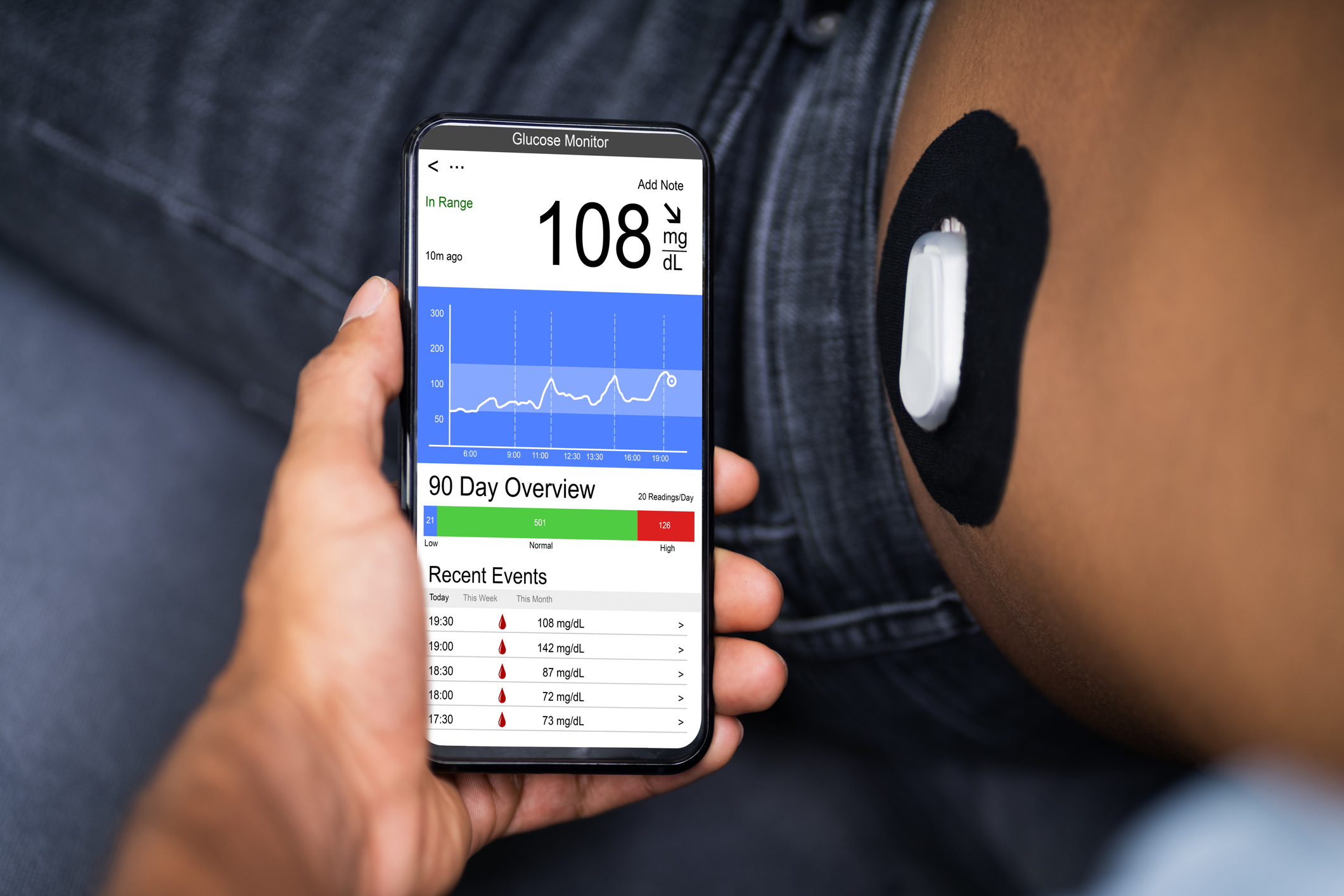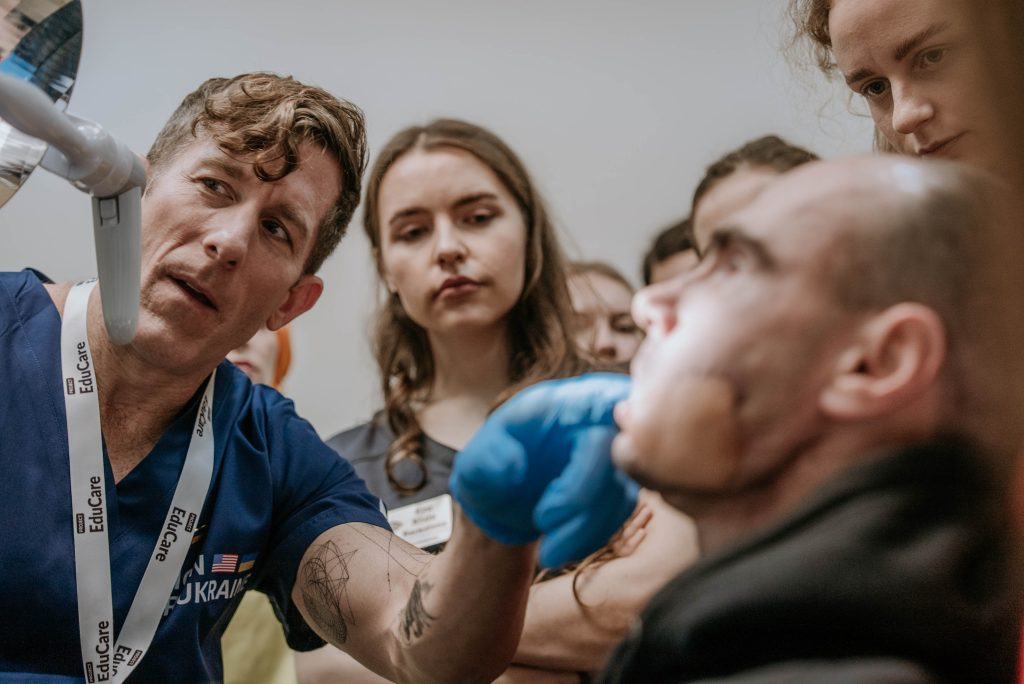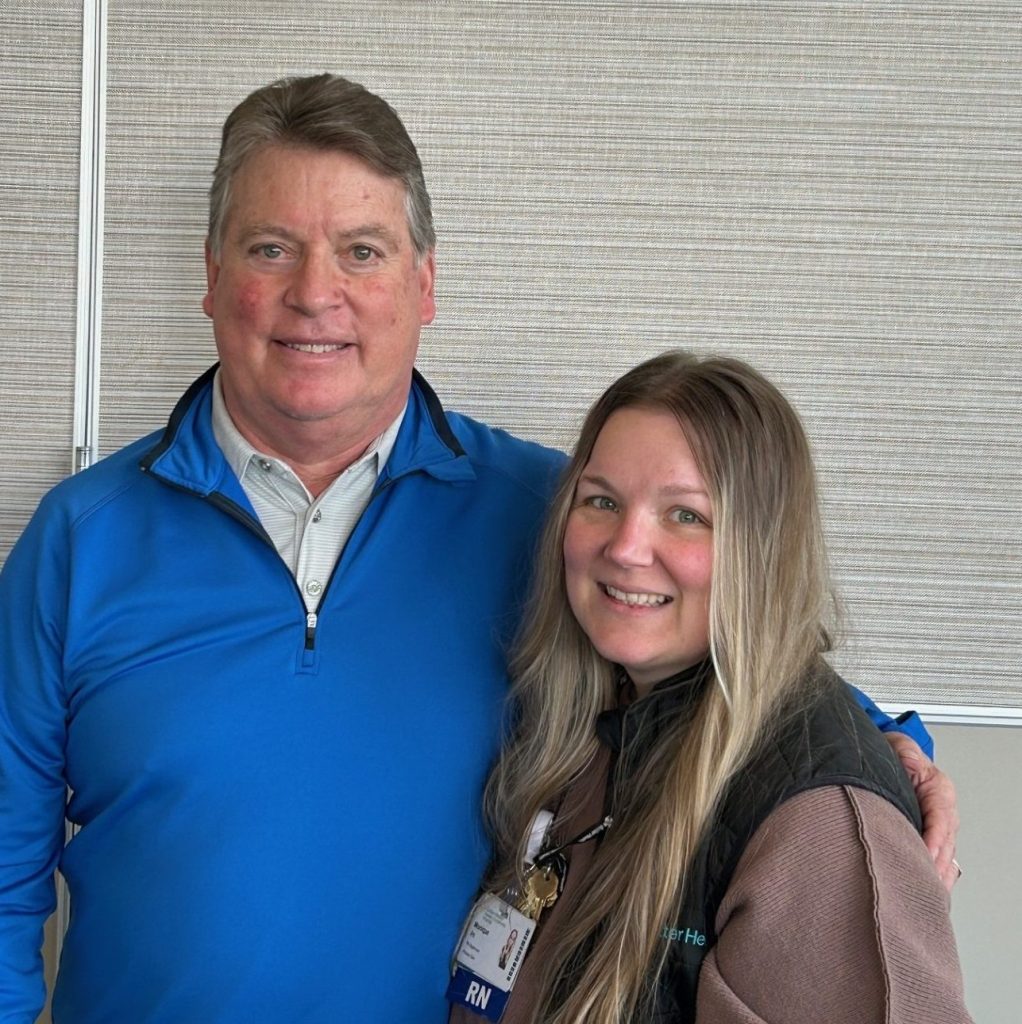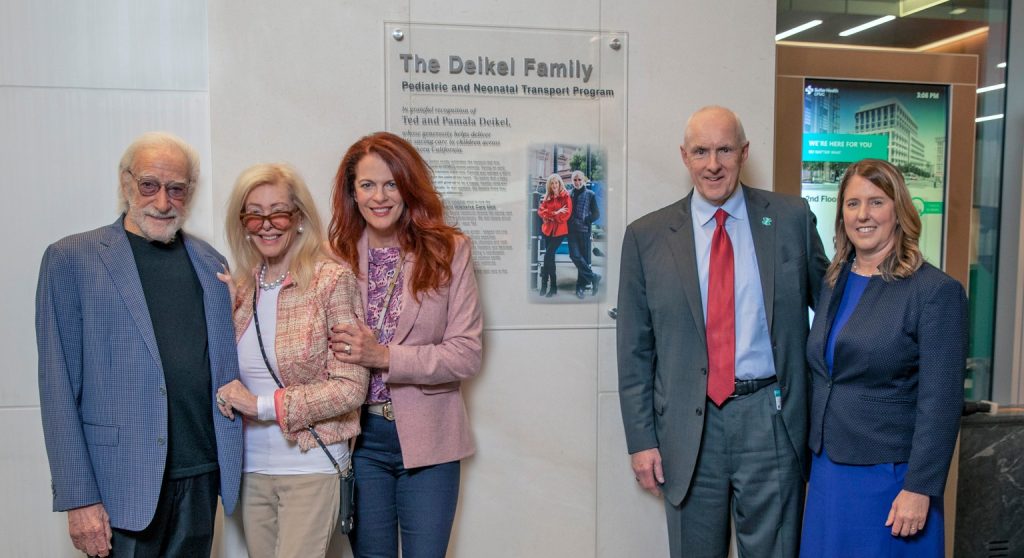By Karin Fleming and Liz Madison, Vitals contributors
Video visits are finally seen as a viable way to enhance access to healthcare. But what about other digital health tools that help maximize results for times in between or during healthcare appointments—video or otherwise?
The truth is clinical teams have been working behind the scenes for years to understand how tech tools can best enhance care. Healthcare researchers—not just tech disrupters—have played major roles in designing and developing apps for patient benefit. They aim to integrate digital health into the everyday, yet complex patient needs that can help support long-term health improvements.
“Call it science aiming for greater simplicity,” said Dr. J.B. Jones, director of healthcare solutions at Sutter Health. “That is the mindset toward our research examining these digital health tools. We’ve learned that enhancing the patient experience can also aid in healing and improved healthcare outcomes.”
Vitals looks at two digital health tools that help support those with multiple sclerosis and diabetes.
Illuminating the Bigger Picture for MS
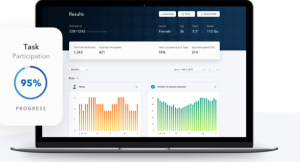
Floodlight™ Mobile Application
Multiple sclerosis can be a mysterious disease. MS impacts sensory and motor functioning as well as vision and thought, but to varying degrees for different people over time.
“Typically, neurologists see their MS patients once every six to 12 months. In each visit, it is unlikely patients can convey a summary of their daily mobility experience and secondary symptoms with the precision needed to guide treatment decision making,” said Joanna Cooper, M.D., a Sutter neurologist and MS clinician-investigator based in Berkeley. “So, neurologists lack a complete ‘picture’ of their patients’ illness and are limited in their ability to deliver precise care.”
Investigators in Sutter’s Center for Health Systems Research tested Floodlight Open™ to gain insight on how to bridge these gaps. The mobile application, developed by Roche, detects MS disease course daily by measuring important areas of motor and cognitive performance. Nearly 100 MS patients across Sutter’s neurology practices were recruited to pilot test the mobile application. Patients hop into the app, daily at first and less over time, to complete various assessments gauging symptoms. These assessments are parallel to those they would fill out in the doctors’ offices.
Preliminary findings from the interviews about the app showed favorable responses from patients. Patients already try to note how they feel, especially when there is change in their status – using spreadsheets to track events, physical symptoms, and triggers. They reported the app helped reduce the burden of remembering and reporting the details of symptoms from the past months to their doctors. Patients also reported feeling that the data they provided helped inform their conversations with their doctors when they did have their next appointments. Physicians also provided detailed feedback on to summarize the data from Floodlight app in a dashboard that can help them quickly understand how a patient is doing and guide the treatment plan. The goal of the next phase of the project is to pilot test a prototype of this dashboard and measure its impact.
Diabetes Dashboard Drives Better Informed Discussions
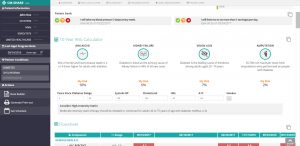
CM-SHARE Dashboard
Type 2 diabetes is not curable, but it is controllable. However, any patient or doctor will say the diagnosis comes with challenges. Given its complexity, patients and doctors need to maximize their time together.
“One way to address the needs of both patients and physicians is to develop better tools that engage patients in decisions about managing their health at the point of care,” said Dr. Jones.
Enter CM-SHARE into the chat. Investigators from Sutter’s Center for Health Systems Research and collaborators at AstraZeneca Pharmaceuticals developed and piloted the online tool, which is an acronym for Cardiometabolic Sutter Health Advanced Reengineered Encounter.
CM-SHARE uses patient data from Sutter’s electronic health record. It extracts cardiometabolic data, like cholesterol, blood pressure and weight, from the medical record in real time and shows them in a single dashboard that clinicians can launch in a patient encounter or office visit.
“The tool displays the data in novel ways that both decrease the amount of time physicians spend ‘hunting and clicking’ for information, and it facilitates a more focused interaction with the patient,” said Dr. Jones.
The tool was developed with the help of Sutter clinicians and patients. It was piloted with primary care patients in Elk Grove, Calif. and Modesto, Calif. starting in April 2016 and has since spread to all Sutter primary care clinicians in the Sacramento and Central Valley regions. Today, more than 50 clinicians actively use CM-SHARE and more than 25,000 patients have had CM-SHARE used during a visit with their doctor.
The pilot research findings from Dr. Jones and his colleagues studying CM-SHARE were even published in the American Diabetes Association’s journal, Clinical Diabetes. The research concluded that digital tools like CM-SHARE can be successfully integrated into real-world primary care settings with high adoption and use by those with diabetes. Furthermore, it can engage and educate patients who have more chronic conditions.
Don’t look now, but research is meeting the real world. And it can make a real difference for patients.

